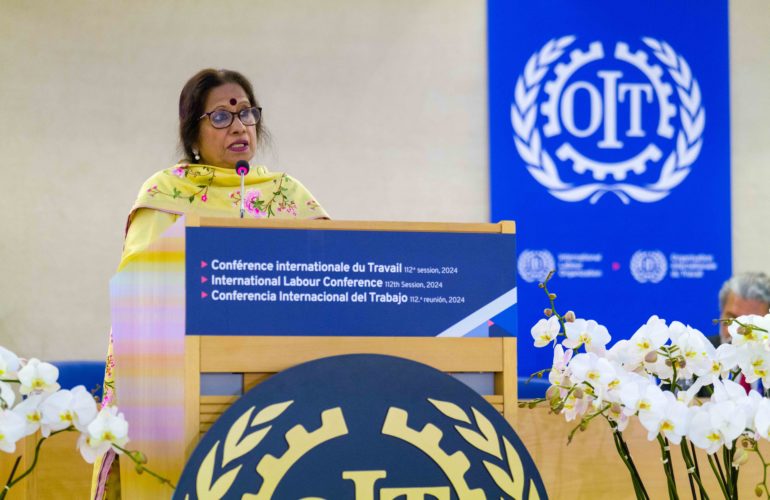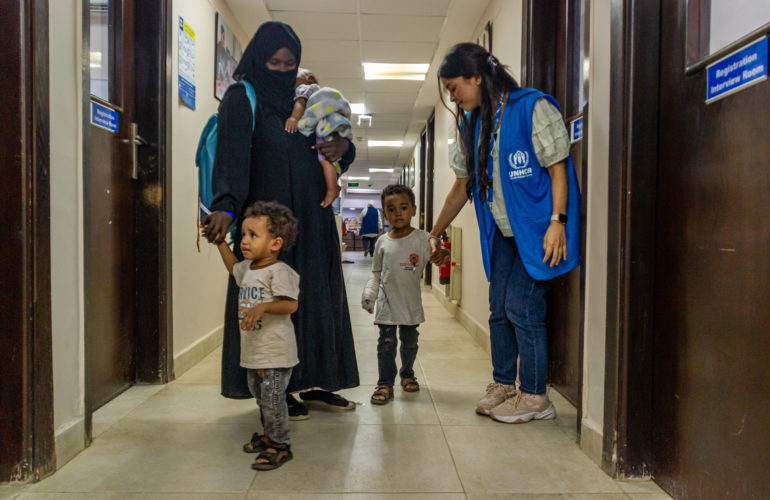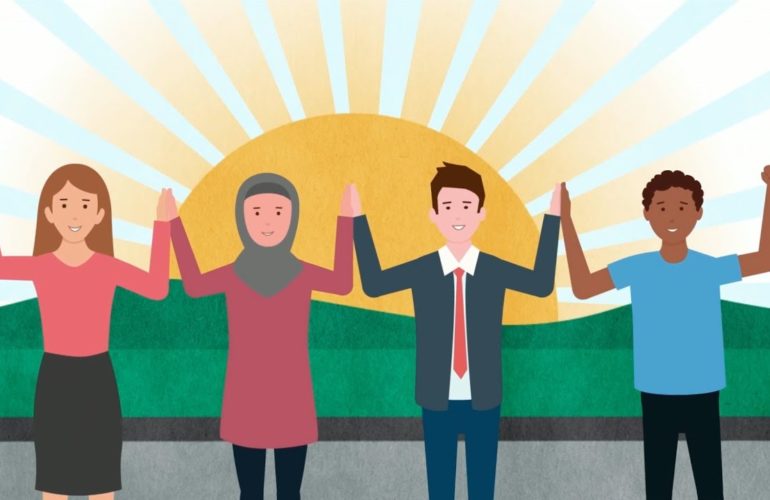Providing for oneself and one’s family is an important aspect of living a full, dignified life. Refugees often lose their income source when they flee and may face many difficulties in accessing a new one in the host country. ICMC provides vocational training and job support to help displaced people regain control of their lives and livelihoods.
Forced displacement entails a complete upheaval of one’s life. People are not only forced to leave everything they have and the people they love behind. They also lose their jobs, their sources of income. Upon arrival in a new country, they may face many hurdles to continue their profession or find a new one.
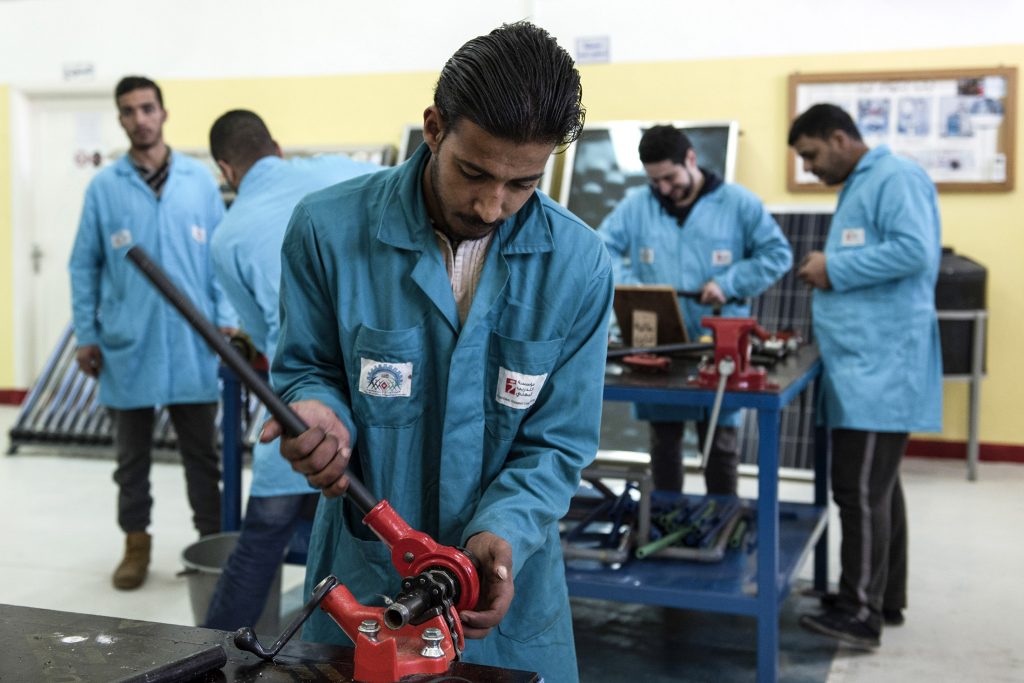
The immediate effect of this loss is that refugees often must rely on humanitarian assistance for immediate survival. Losing the ability to be self-sufficient can be a significant setback in refugees’ stability and physical and mental health.
Being able to work, and to provide for one’s needs, is essential to living a life with dignity. Decent work is empowering and allows people to start re-creating their lives in a new setting. It is also an opportunity to contribute to the host country through one’s talents, abilities, and skills.
ICMC works to assist refugees re-build their means to make a living. Livelihoods encompass people’s capabilities, assets, income, and activities required to secure life necessities.
In 2019, ICMC Jordan’s vocational training program graduated 200 students, and two pilot courses offered people with disabilities an opportunity to gain skills. ICMC Pakistan’s Livelihood Officer conducted over 400 individual counseling sessions advising refugees on income-generation opportunities, including job placement advice.
ICMC’s livelihood projects aim to increase employment through vocational training, small business development, micro-grants, and networking with potential employers. The projects provide a path back to employment and opportunities to become more independent. By helping refugees regaining self-sufficiency, ICMC also hands them the tools to reclaim their dignity.
ICMC works hand in hand with communities to strengthen their resilience, building healthier families and local society.
Acquiring New Skills for a More Secure Future
ICMC provides vocational training, as well as financial literacy workshops. Participants can master a new skill, or gain a certification in an old one, and use what they learned to generate income for themselves and their families. In the long run, the result is greater resilience and reduced dependence on external humanitarian assistance. All of ICMC’s programs include the refugee population and the vulnerable local population as well.
ICMC offers vocational training in dessert making, beauty, plumbing, sewing/tailoring, barber, and gypsum board. ICMC consults with the communities it seeks to serve to develop courses that are asked for by refugees themselves. It also dialogues with employers to understand what skills are most needed and employable.
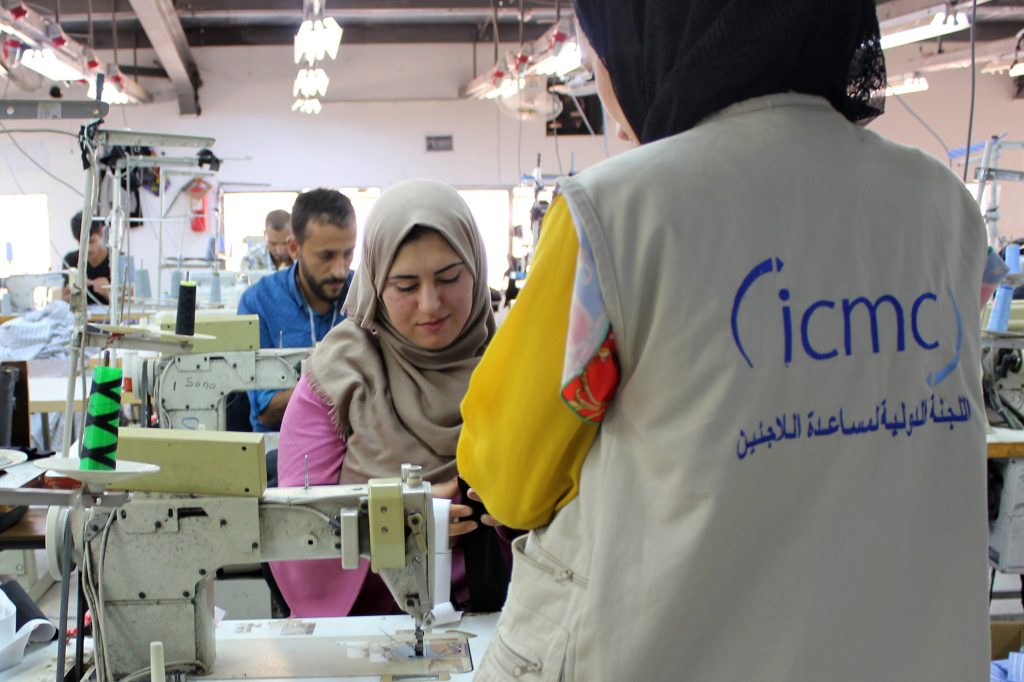
In Jordan, ICMC provides vocational training specifically tailored for individuals with disabilities. The Livelihoods team in the country consulted people with disabilities and their families, looked at research, and talked with local civil society organizations to evaluate the best way forward with the training. The vocational sewing course was offered with a sign language interpreter’s assistance, who ensured that all participants could take the maximum advantage of the course.
“Finding a job was a dream for me before taking this course,” says Suhair, an 18-year-old Jordanian woman living with a speech and hearing impairment, who took part in ICMC’s six-week sewing program for young people with disabilities. She now works in a sewing factory. In Jordan, only 4.8% of women with disabilities are employed.
ICMC also offers vocational training programs specifically targeted to refugee women and girls. They gain skills valuable on the market and technical knowledge that supports income-generating activities.
Support Which Goes Beyond the Acquisition of New Skills
In Jordan, all students who participate in a vocational training course also partake in a week-long complementary employability skills course. The course covers topics such as practical information on essential skills needed for employability, the legal status of employees, budgeting and personal finances, job interview process, and professional behavior.
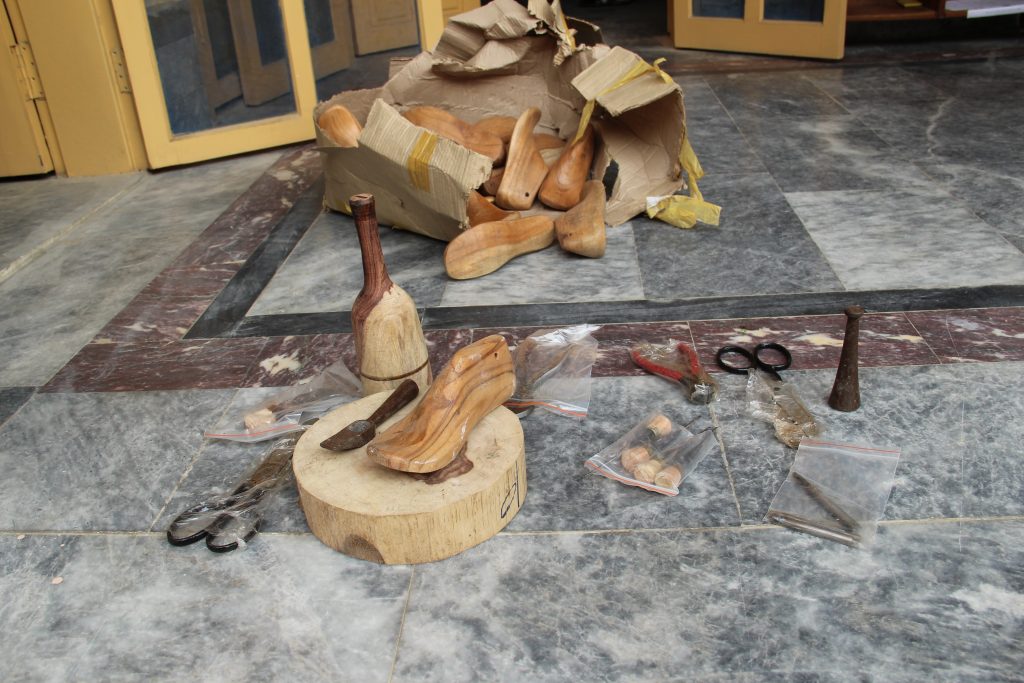
The course topics are chosen based on consultations with local employers, who identify the common gaps. The employability course provides beneficiaries with transferable skills and competencies that could be reinvested in the long run and in case of return to the country of origin.
ICMC programs aim to empower each individual supported to become a key actor in their own protection, claim their livelihoods, well-being, and rights beyond the program’s duration.
